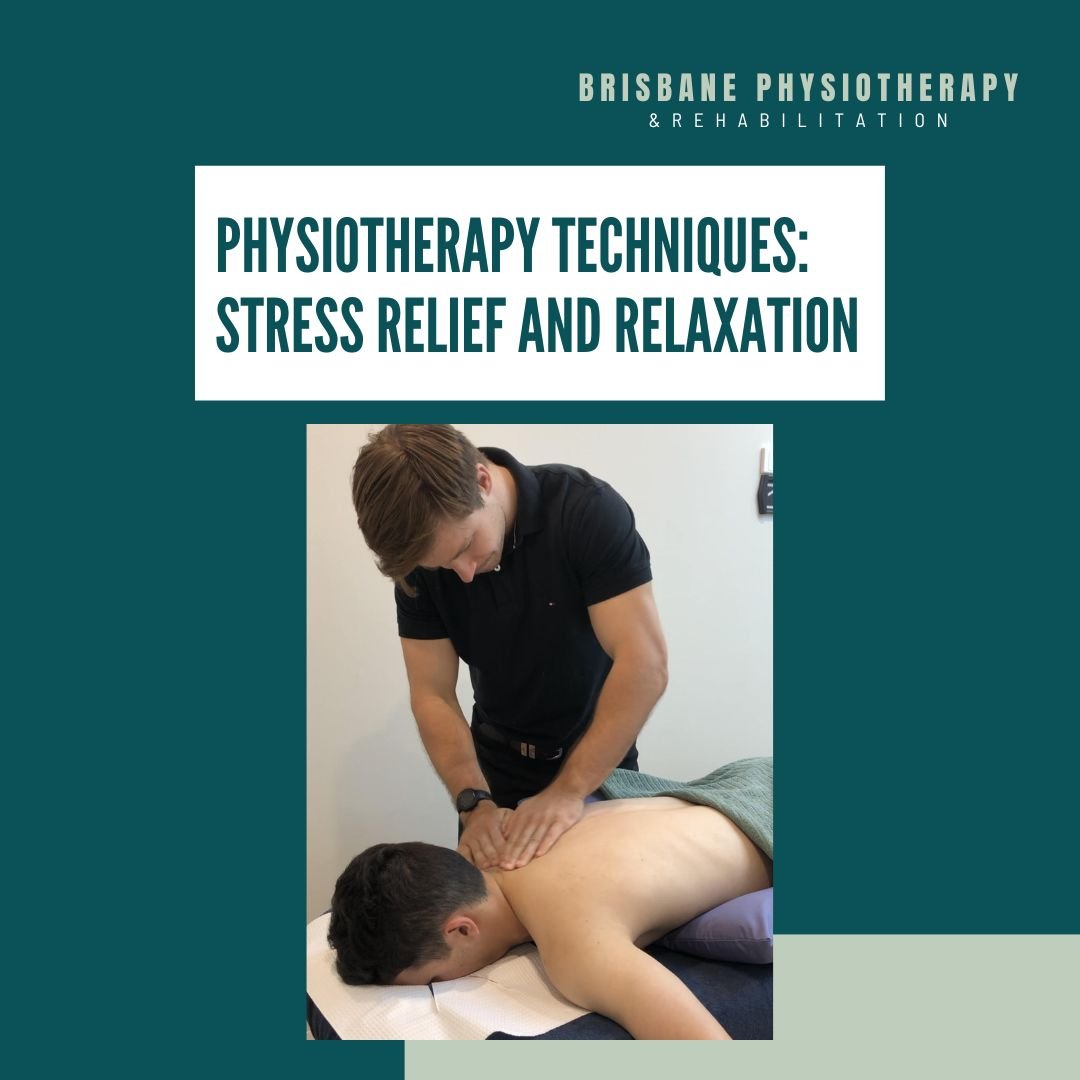Physiotherapy Techniques for Stress Relief and Relaxation
Physiotherapy can be a valuable tool for stress relief and relaxation. While physiotherapy primarily focuses on improving physical function and mobility, it can also have positive effects on mental well-being. Here are some physiotherapy techniques that can help with stress relief and relaxation:
Breathing exercises: Proper breathing techniques can promote relaxation and reduce stress. Physiotherapists utilize techniques such as diaphragmatic breathing, where you focus on deep, slow breaths that engage the diaphragm. This type of breathing activates the body's relaxation response and can help reduce muscle tension.
Progressive muscle relaxation (PMR): PMR involves systematically tensing and relaxing different muscle groups to promote relaxation. A physiotherapist can guide you through this technique, teaching you how to identify and release tension in specific muscles.
Postural awareness and correction: Poor posture can contribute to muscle tension and stress. Physiotherapists can assess your posture and provide guidance on how to improve it. Physiotherapists utilize exercise prescription to help strengthen and release weak or tight postural muscles to promote a more relaxed and balanced body position.
Manual therapy: Physiotherapists may use various manual therapy techniques to reduce muscle tension and promote relaxation. These techniques can include massage, soft tissue mobilization, joint mobilization, or trigger point release. Manual therapy can help release muscle knots, improve blood circulation, and promote a sense of relaxation.
Exercise and physical activity: Regular exercise is known to be an effective stress reducer. Physiotherapists can create personalized exercise programs that focus on functional activities you enjoy and that are suitable for your current physical condition. Engaging in physical activity releases endorphins, which are natural mood enhancers and can help alleviate stress and promote relaxation.
Hydrotherapy: Water-based therapies, such as hydrotherapy, can be highly relaxing. Physiotherapists may use warm water pools to provide buoyancy and reduce the load on joints and muscles encouraging pain free exercise. Water's soothing properties can help relieve stress, while gentle movements and stretches in the water can promote relaxation and improve mobility.
Mind-body techniques: Physiotherapists may incorporate mind-body techniques, such as mindfulness or guided imagery. These techniques help redirect your focus to the present moment, promoting relaxation and reducing stress. By incorporating these practices into your physiotherapy sessions, you can learn how to apply them in your daily life.
It's important to note that physiotherapy techniques for stress relief and relaxation may vary depending on your individual needs and condition. Consulting with a qualified physiotherapist will allow them to tailor an appropriate treatment plan that addresses your specific concerns.

